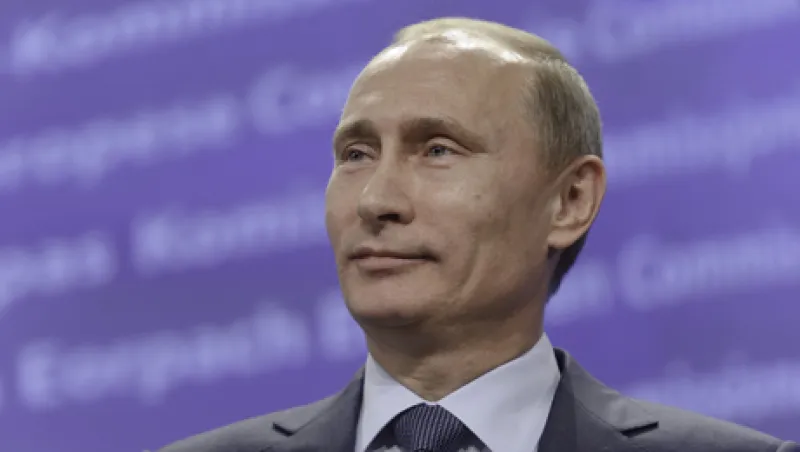
Stunned by Protests, Putin Talks Reform
The Russian prime minister might have to be almost as good as his word if he’s forced into a run-off for president.
Craig Mellow
February 9, 2012


